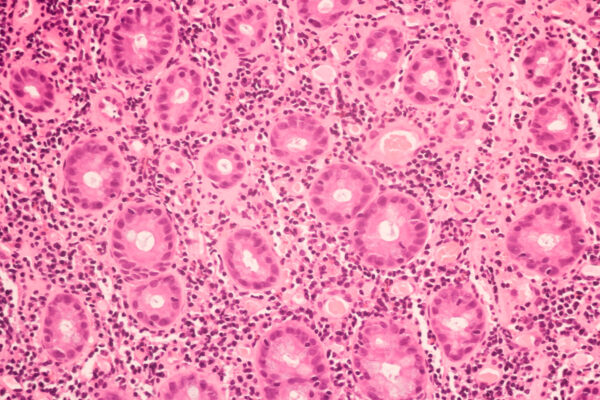
The 100,000 Genomes Cancer Program is a UK government research initiative aimed at integrating genomic data with clinical information to gain insights into the molecular basis of cancer. It involves the sequencing of genomes from 100,000 cancer patients, encompassing a diverse range of cancer types. The primary goal of the program is to elucidate the genetic factors underlying cancer development and progression, with the ultimate aim of improving patient outcomes through personalized medicine approaches. By analyzing the genomic profiles of a large cohort of cancer patients, researchers seek to identify key genetic alterations associated with different cancer types, and to enable personalized treatment decisions. With such a huge bank of genomic data available to them, investigators have produced valuable insights into the molecular landscape of cancer.
Through sequencing of both tumor and normal tissue samples, patterns of genomic alterations have been identified, including somatic mutations, copy number aberrations, and structural variants. This comparative approach helps highlight outlier datapoints across various cancer types, pointing towards potential underlying genetic drivers of disease.
Widespread prevalence of recurrent mutations in genes such as TP53 and PIK3CA have surfaced in the data. Mutations in these genes have been implicated in numerous cancer types and are known to play critical roles in tumorigenesis and disease progression. Researchers have also reported that germline variants in genes associated with hereditary cancer syndromes, such as BRCA1 and BRCA2, are common in certain cancer types, particularly ovarian high-grade serous carcinoma. While the presence of these mutations reaffirms previous research findings, data linking them to specific cancer types may help in devising ways to use them as therapeutic targets. New data about specific inherited mutations may also aid in the planning of genetic counseling for patients and their families.
Broader genomic markers might also serve as risk indicators. For instance, data related to tumor mutational burden (TMB) and mutational signatures provide insights into the overall genomic instability of tumors and how they may respond to therapy. The highest average values of TMB were present in skin cutaneous melanoma and lung adenocarcinoma, pointing to high genomic instability. Review of data focused on homologous recombination deficiency (HRD) status provides indications of new ways to use PARP inhibitors. Currently, they are indicated for use in ovarian tumors with HRD, but a non-zero prevalence of HRD was found to be present in other cancers as well, hinting those patients might potentially benefit from the therapy.
One of the most compelling aspects of the study was its integration of genomic data with real-world clinical outcomes. By linking genomic profiles with longitudinal patient data, researchers can assess the impact of specific genetic alterations on treatment response and overall survival. Research from these kinds of metadata will continue to advance the personalization of cancer treatments, improving patient outcomes.
References:
- Murugaesu, N., Sosinsky, A., Ambrose, J., Cross, W., Turnbull, C., Henderson, S., … & Genomics England Research Consortium Genomics England Research Consortium. (2022). Insights for precision healthcare from the 100,000 Genomes Cancer Programme.
- Sosinsky, A., Ambrose, J., Cross, W., et al. (2024). Insights for precision oncology from the integration of genomic and clinical data of 13,880 tumors from the 100,000 Genomes Cancer Programme. Nature Medicine, 30(2), 279–289. doi.org/10.1038/s41591-023-02682-0
